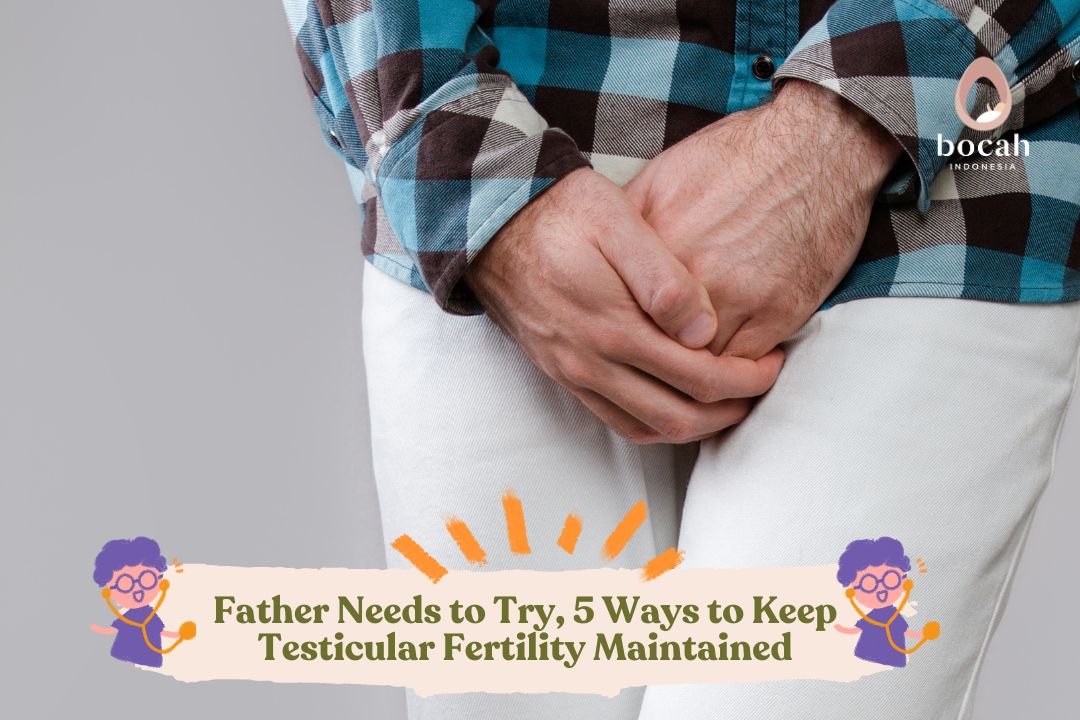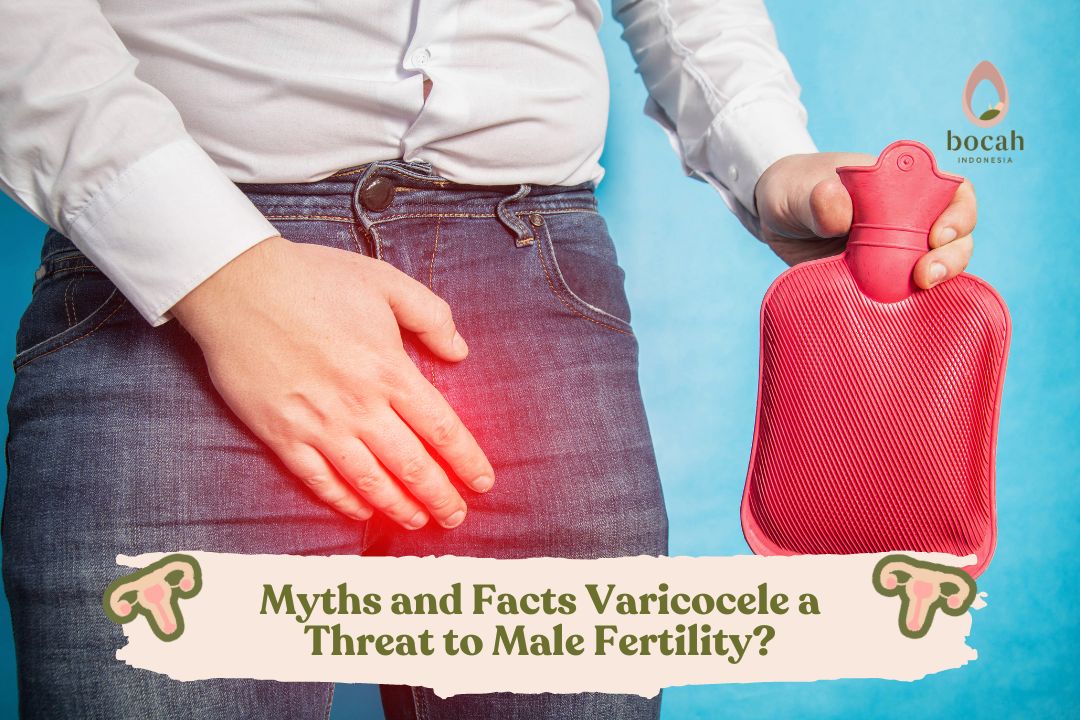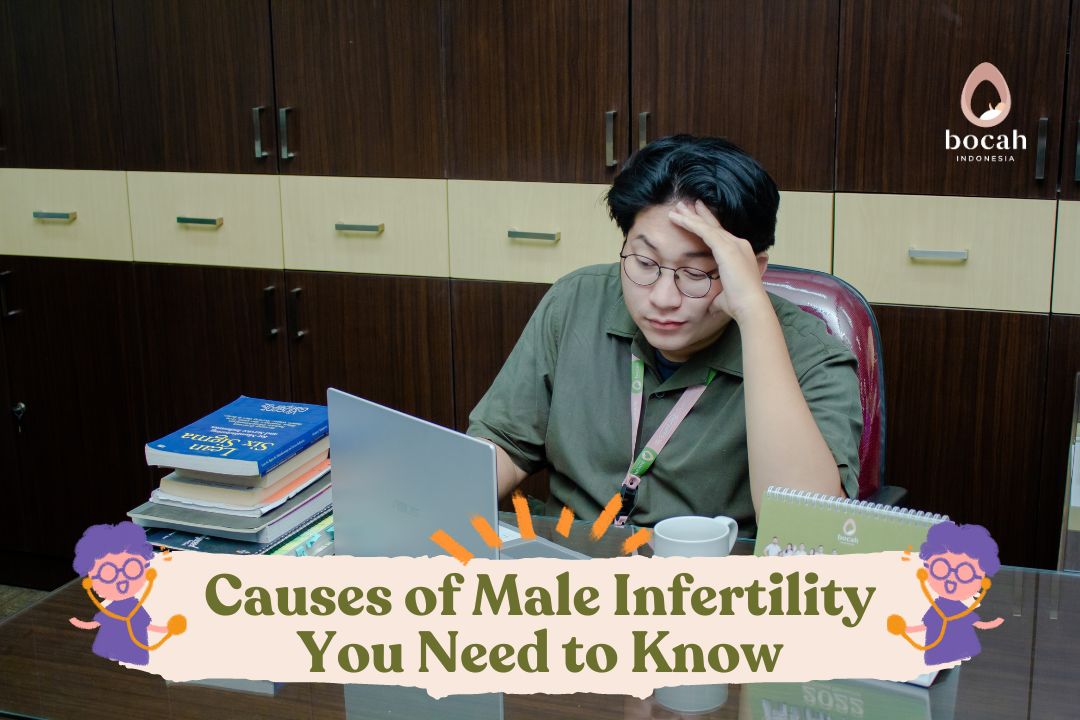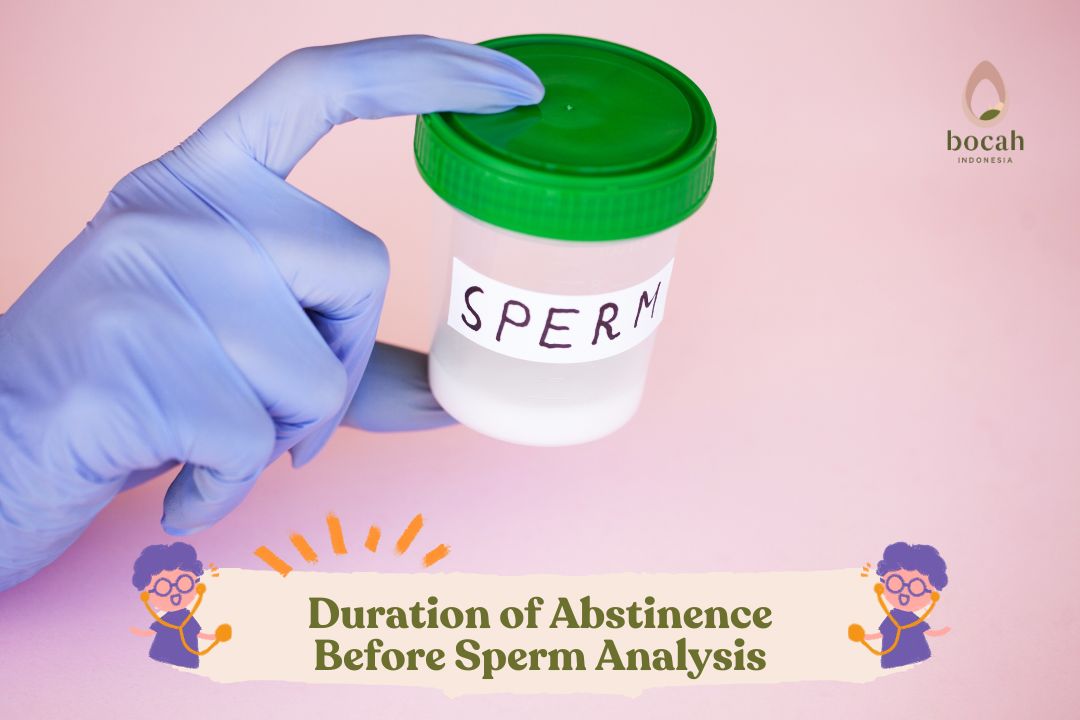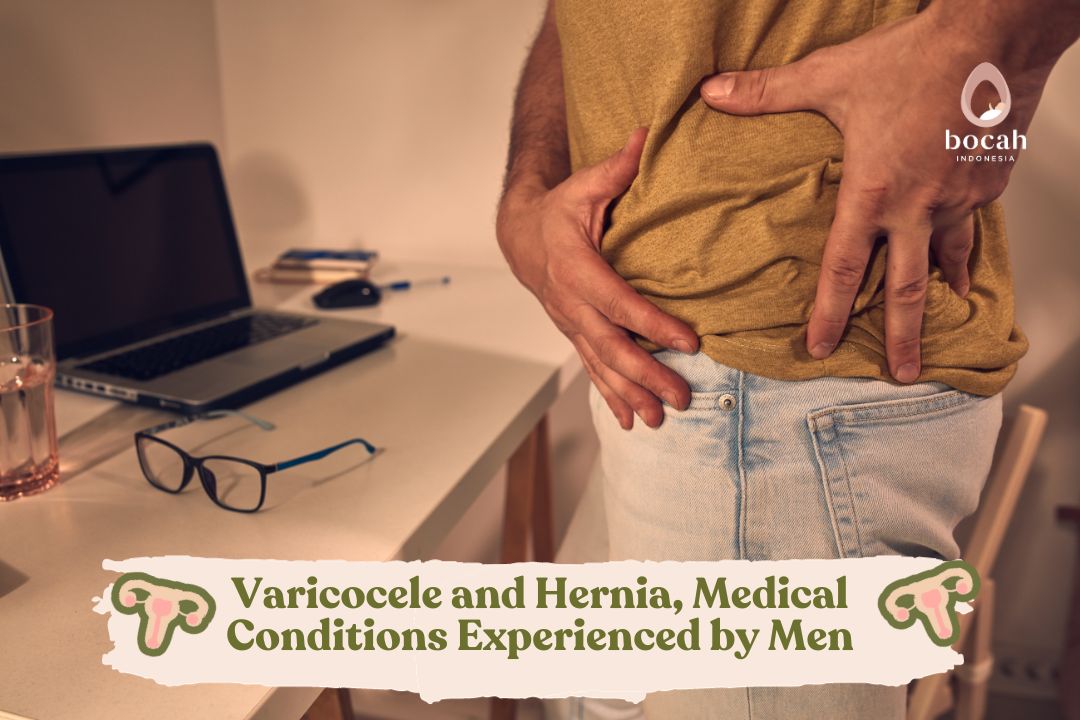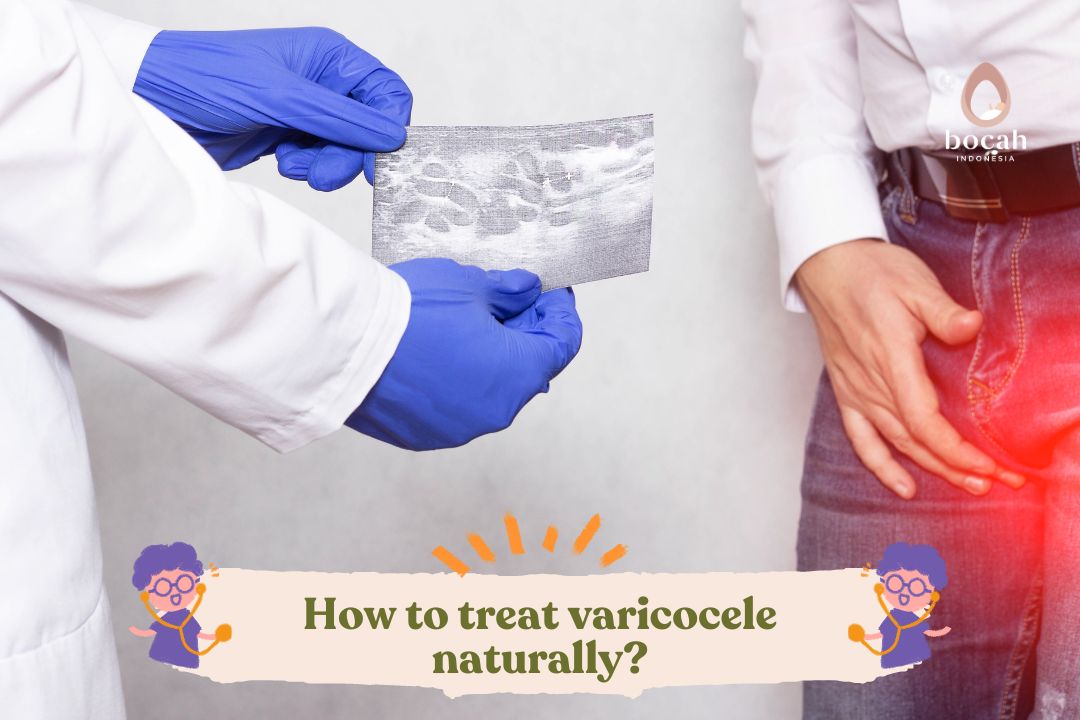The Relationship Between Varicocele and Father’s Fertility Issues
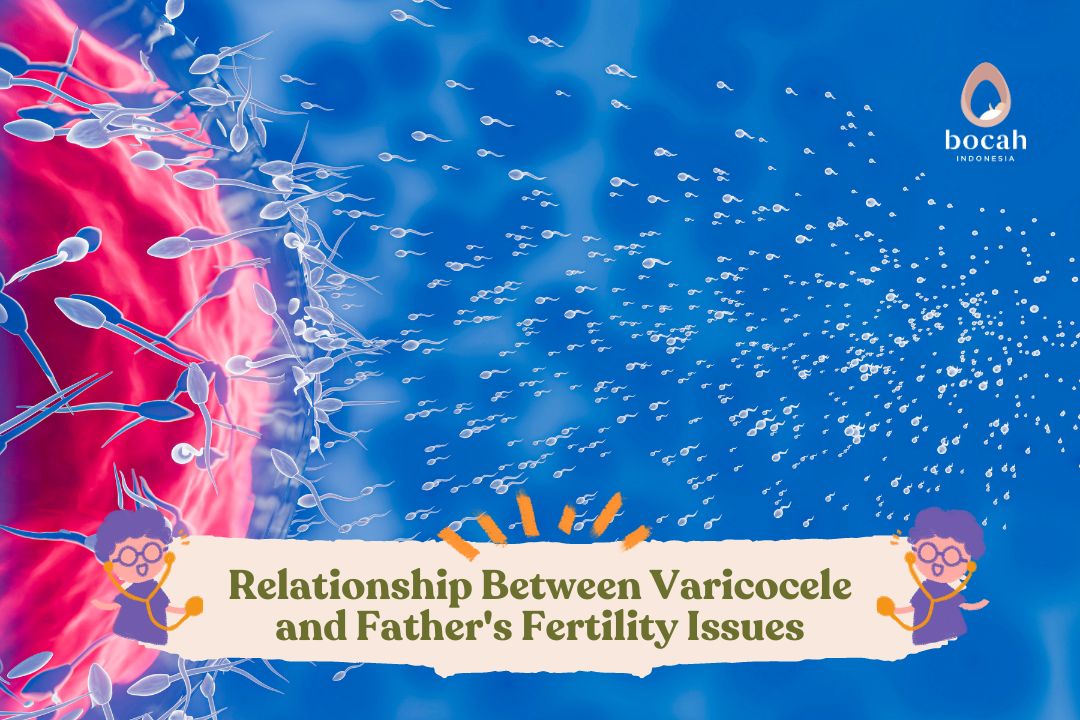
Early detection and management of varicocele can help improve the quality of sperm and increase the chances of successful fertilization.
Varicocele and infertility are two interrelated issues. Varicocele itself is a swelling around the testicle (scrotum). This condition can make it difficult for sperm to develop properly.
Early detection of varicocele and infertility is crucial because if the father is aware of varicocele early on, doctors can provide proper treatment to improve sperm quality and prevent infertility. Learn about early varicocele examination and treatment here!
Impact of Varicocele on Fertility
Varicocele can have a significant impact on a father’s fertility through several mechanisms affecting sperm production and quality. In the process of reproduction, the role of healthy sperm is crucial for successful fertilization of the egg. Here are the impacts of varicocele on a father’s fertility:
-
Increased Testicular Temperature
Varicocele can increase testicular temperature, which has detrimental effects on sperm production. This temperature increase can inhibit the production of testosterone, a hormone crucial for sperm production. As a result, the quantity of sperm produced may decrease, and the quality of the father’s sperm may also be affected.
-
Sperm Motility Disorders
The increased testicular temperature due to varicocele can disrupt sperm motility. Healthy sperm should be able to swim well to reach the egg. Varicocele can inhibit the sperm’s ability to move, thereby affecting the chances of sperm reaching and fertilizing the egg.
-
DNA Damage and Sperm Membrane
The increased temperature is also believed to cause an increase in reactive oxygen species, which can damage DNA and sperm membranes. This damage can affect the genetic integrity of sperm and overall sperm health.
-
Reduction in Sperm Count
Varicocele can lead to a decrease in the quantity of sperm produced. This can reduce the chances of sperm reaching and successfully fertilizing the egg. However, it is important for fathers to know that varicocele is not always the cause of male infertility, but its negative impact on sperm production and quality can be a significant factor in causing fertility issues. Early detection and management of varicocele can help minimize its impact on male fertility.
Early Detection of Varicocele
Early detection of varicocele is important to prevent its negative impact on the father’s fertility. Here are some steps that can be taken to detect varicocele early:
Tanya Mincah tentang Promil?
1. Self-Examination of the Scrotum
A simple examination at home while standing can help detect varicocele. In a standing position, the father can palpate his scrotum and look for lumps or unusual swellings. If the father finds any unusual shape or suspects any lump, he should promptly consult a doctor.
2. Physical Examination by a Doctor
Doctors can perform a physical examination of the father’s scrotum to evaluate the presence of swelling or abnormal lumps in the blood vessels. This examination is usually done when the father’s scrotum is in a relaxed state.
3. Consultation with a Urology Specialist
If there are concerns or suspicious symptoms, promptly consult a urology specialist. This doctor can provide a more in-depth assessment and plan further steps if necessary.
4. Doppler Ultrasonography
Doppler ultrasonography examination is a more advanced diagnostic method. It uses sound waves to create images of blood flow in the blood vessels of the scrotum. This method helps identify varicocele and assess the extent of its influence on blood flow.
5. Monitor Symptoms and Changes
Stay aware of symptoms such as pain, discomfort, or changes in the scrotum. If there are any suspicious changes, promptly consult a doctor.
Early detection of varicocele allows for more effective treatment planning, especially if varicocele has the potential to affect fertility. These steps can help prevent further complications and enable the father to receive treatment quickly and appropriately.
When to Check for Varicocele?
Fathers should promptly consult a doctor if they experience signs such as lumps or swelling in the scrotum, pain or discomfort around that area, or changes in the quality or quantity of sperm.
Furthermore, if the mother experiences difficulty in conceiving, especially without clear causes, or if there is a family history of varicocele or fertility problems, it is advisable for the father to undergo a medical examination.
Regular physical examinations and observing changes in the scrotum can also be the basis for consulting a doctor. Early detection of varicocele allows for more effective treatment and prevents potential serious complications.
If the father has identified any concerning signs, promptly schedule an appointment with a urology specialist. Maintain good health by adopting a balanced diet, regular exercise, adequate rest, and avoiding stress triggers to ensure quality sperm production.
If the father and mother are eager to conceive quickly, read information about medically accurate pregnancy tips and programs on Bocah Indonesia.
Source:
- Paick, S., & Choi, W. (2019). Varicocele and Testicular Pain: A Review. The World Journal of Men’s Health, 37(1), pp. 4–11. https://www.ncbi.nlm.nih.gov/pmc/articles/PMC6305863/
- Chung, J., & Lee, S. (2018). Current Issues in Adolescent Varicocele: Pediatric Urological Perspectives. The World Journal of Men’s Health, 36(2), pp. 123–31. https://www.ncbi.nlm.nih.gov/pmc/articles/PMC5924953/
- American Urological Association (2020). Urology A–Z. Varicocele.
- Johns Hopkins Medicine (2020). Conditions and Diseases. Varicocele.
- Cleveland Clinic (2020). Disease & Conditions. Varicocele.
- Mayo Clinic (2020). Diseases & Conditions. Varicocele.



